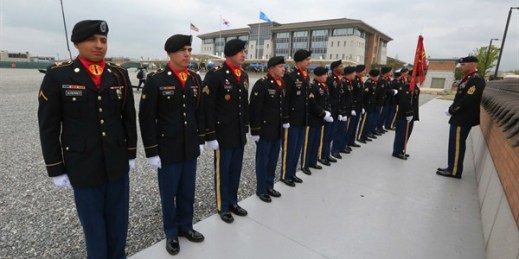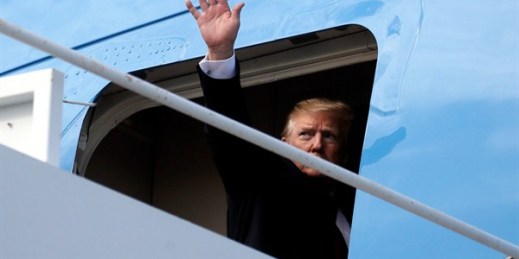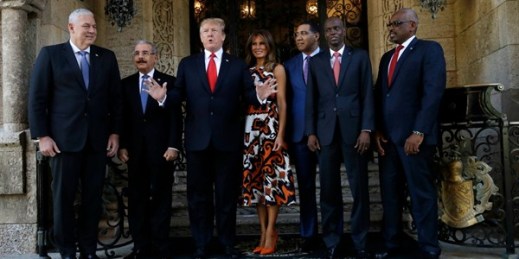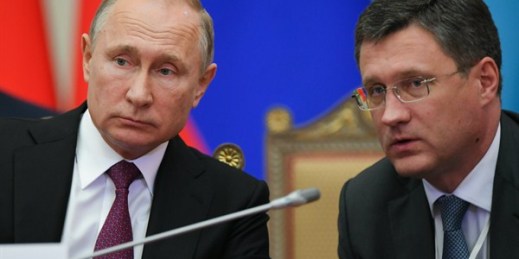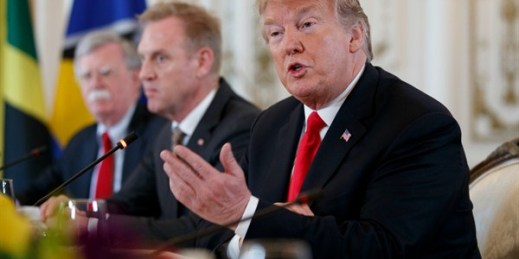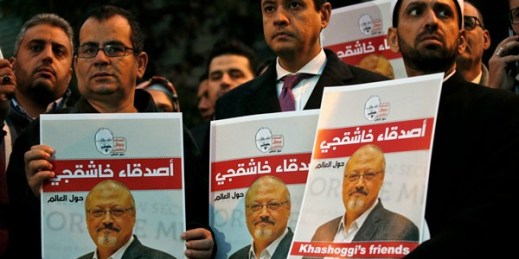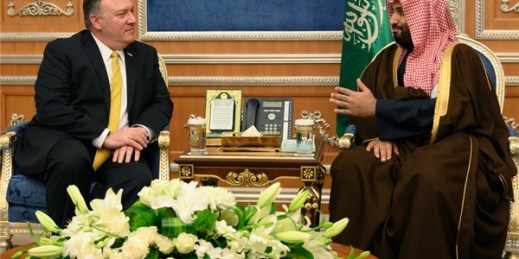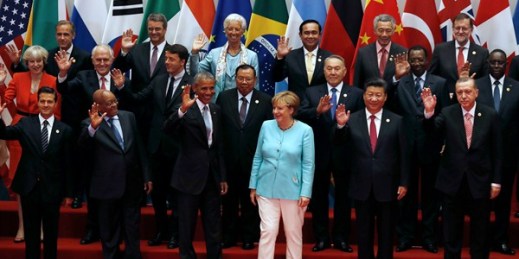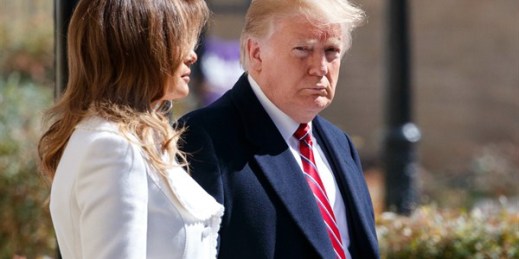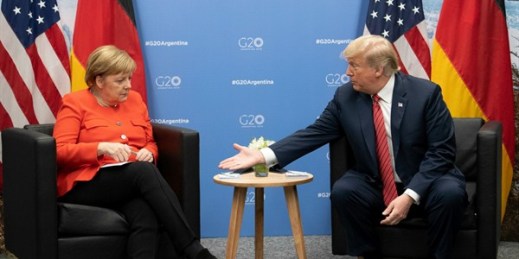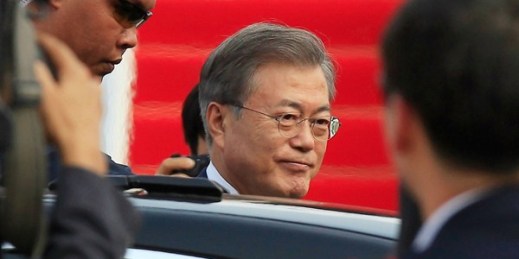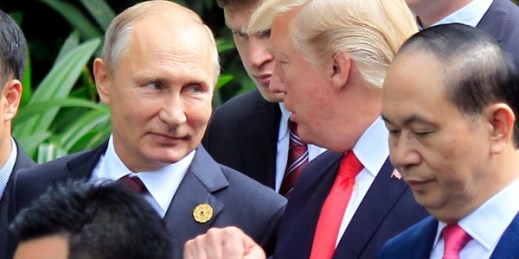
In this week’s editors’ discussion episode of the podcast, WPR’s editor-in-chief, Judah Grunstein, and associate editor, Elliot Waldman, discuss the conclusion of special counsel Robert Mueller’s investigation into alleged coordination between Donald Trump’s 2016 presidential campaign and Russian agents seeking to influence the outcome of the election. Have we entered a post-Mueller era of the Trump presidency? If so, what are the implications for U.S. foreign policy on Russia, the trans-Atlantic partnership and elsewhere? WPR’s editors look at these and other questions in their discussion of the week’s top news. If you like what you hear on Trend Lines and […]

